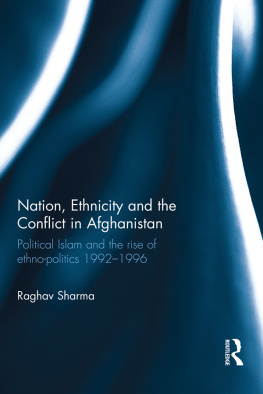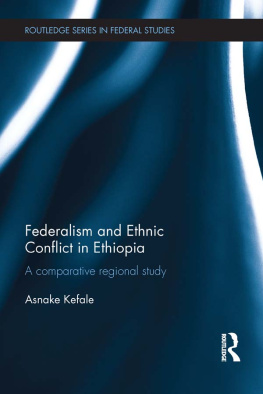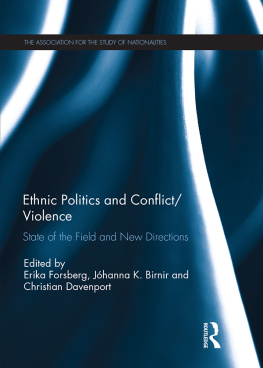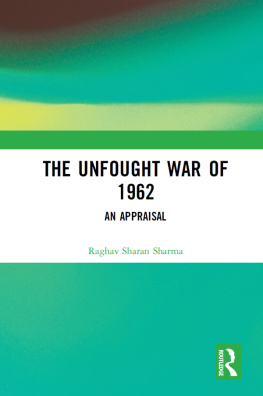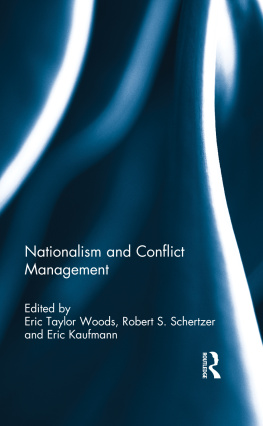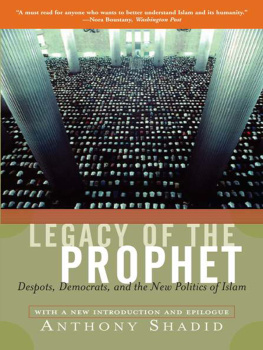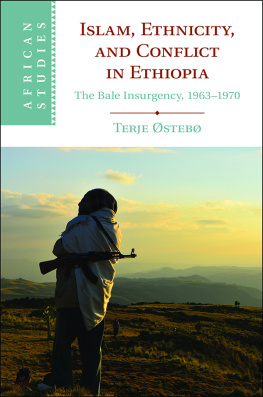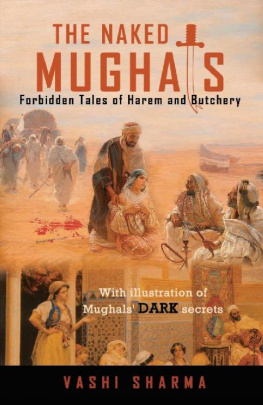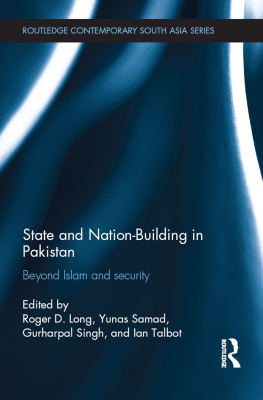Raghav Sharma - Nation, Ethnicity and the Conflict in Afghanistan: Political Islam and the Rise of Ethno-Politics 1992-1996
Here you can read online Raghav Sharma - Nation, Ethnicity and the Conflict in Afghanistan: Political Islam and the Rise of Ethno-Politics 1992-1996 full text of the book (entire story) in english for free. Download pdf and epub, get meaning, cover and reviews about this ebook. year: 2016, publisher: Routledge, genre: Politics. Description of the work, (preface) as well as reviews are available. Best literature library LitArk.com created for fans of good reading and offers a wide selection of genres:
Romance novel
Science fiction
Adventure
Detective
Science
History
Home and family
Prose
Art
Politics
Computer
Non-fiction
Religion
Business
Children
Humor
Choose a favorite category and find really read worthwhile books. Enjoy immersion in the world of imagination, feel the emotions of the characters or learn something new for yourself, make an fascinating discovery.
- Book:Nation, Ethnicity and the Conflict in Afghanistan: Political Islam and the Rise of Ethno-Politics 1992-1996
- Author:
- Publisher:Routledge
- Genre:
- Year:2016
- Rating:3 / 5
- Favourites:Add to favourites
- Your mark:
- 60
- 1
- 2
- 3
- 4
- 5
Nation, Ethnicity and the Conflict in Afghanistan: Political Islam and the Rise of Ethno-Politics 1992-1996: summary, description and annotation
We offer to read an annotation, description, summary or preface (depends on what the author of the book "Nation, Ethnicity and the Conflict in Afghanistan: Political Islam and the Rise of Ethno-Politics 1992-1996" wrote himself). If you haven't found the necessary information about the book — write in the comments, we will try to find it.
Raghav Sharma: author's other books
Who wrote Nation, Ethnicity and the Conflict in Afghanistan: Political Islam and the Rise of Ethno-Politics 1992-1996? Find out the surname, the name of the author of the book and a list of all author's works by series.
Nation, Ethnicity and the Conflict in Afghanistan: Political Islam and the Rise of Ethno-Politics 1992-1996 — read online for free the complete book (whole text) full work
Below is the text of the book, divided by pages. System saving the place of the last page read, allows you to conveniently read the book "Nation, Ethnicity and the Conflict in Afghanistan: Political Islam and the Rise of Ethno-Politics 1992-1996" online for free, without having to search again every time where you left off. Put a bookmark, and you can go to the page where you finished reading at any time.
Font size:
Interval:
Bookmark:
Conflict in Afghanistan
Conflict in Afghanistan
ethno-politics 19921996

by Routledge
2 Park Square, Milton Park, Abingdon, Oxon OX14 4RN
711 Third Avenue, New York, NY 10017
A catalogue record for this book is available from the British Library
Names: Sharma, Raghav.
Title: Nation, ethnicity and the conflict in Afghanistan : political Islam and the rise of ethnopolitics 19921996 / Raghav Sharma.
Description: Abingdon, Oxon ; New York, NY : Routledge, 2016. | Includes bibliographical references.
Identifiers: LCCN 2016002030| ISBN 9781472471475 (hardback) | Subjects: LCSH: AfghanistanPolitics and government19892001. | Afghanistan Ethnic relations. | Ethnic conflict Political aspects Afghanistan. | Islam and politics Afghanistan. | Islamic fundamentalism Afghanistan.
Classification: LCC DS371.3 .S54 2016 | DDC 958.104/6 dc23
LC record available at http://lccn.loc.gov/2016002030
ISBN: 978-1-3155-9740-9 (ebk)
by Florence Production Ltd, Stoodleigh, Devon, UK
Font size:
Interval:
Bookmark:
Similar books «Nation, Ethnicity and the Conflict in Afghanistan: Political Islam and the Rise of Ethno-Politics 1992-1996»
Look at similar books to Nation, Ethnicity and the Conflict in Afghanistan: Political Islam and the Rise of Ethno-Politics 1992-1996. We have selected literature similar in name and meaning in the hope of providing readers with more options to find new, interesting, not yet read works.
Discussion, reviews of the book Nation, Ethnicity and the Conflict in Afghanistan: Political Islam and the Rise of Ethno-Politics 1992-1996 and just readers' own opinions. Leave your comments, write what you think about the work, its meaning or the main characters. Specify what exactly you liked and what you didn't like, and why you think so.

